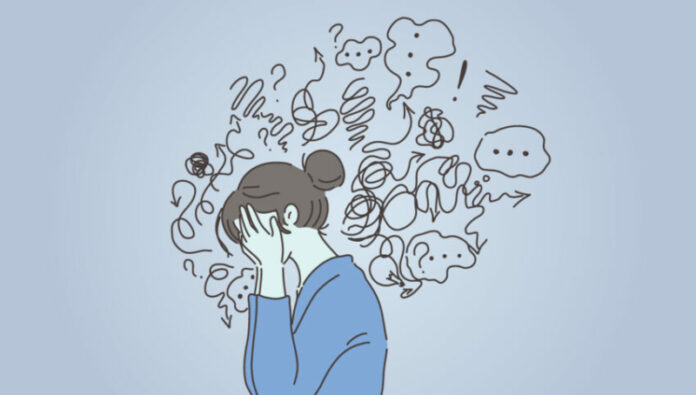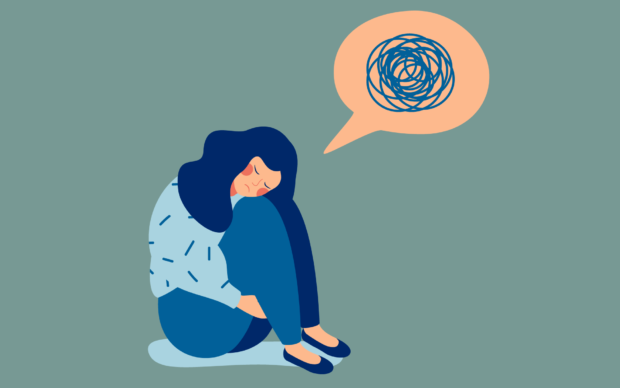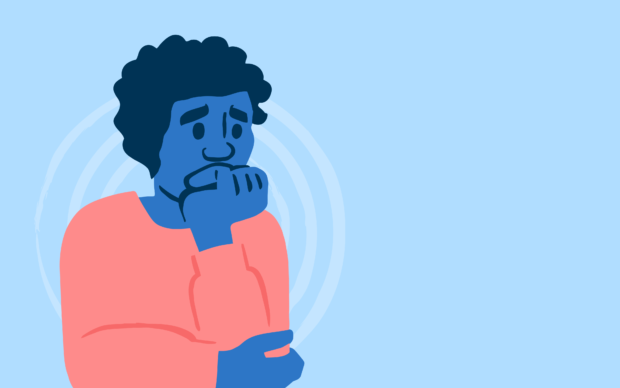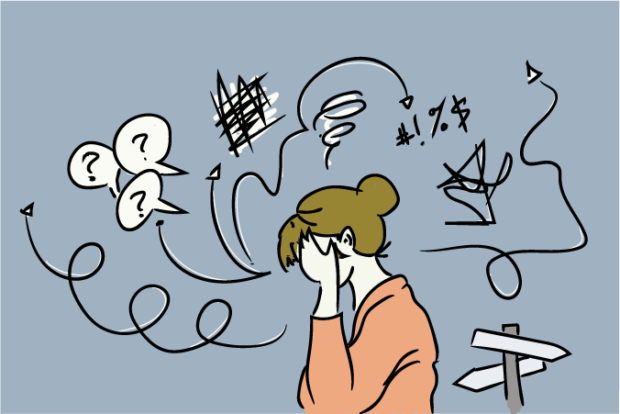
Did you know that as many as one in six adults suffer from an anxiety disorder in the United States? It’s common to feel nervous or worried from time to time, but when it interferes with your daily life, you experience symptoms like sweating, shaking, feeling nauseous, and having trouble concentrating. Then you may have a disorder with anxiety. Here’s what you need to know about anxiety disorders and how to cope with them.
Also Read: 7 Benefits Of Mango That Will Make You Love Them Even More
All About Disorder With Anxiety:
-
What Is Anxiety With Disorder?

It’s estimated that 40 million people, 18 years and older, in the United States alone have an anxiety disorder. Anxiety disorders are the most common mental illness in the U.S., but they’re also one of the most treatable. Once an anxiety disorder diagnosed by a physician or mental health professional. Then cognitive and behavioral therapies are available to help you manage your symptoms and minimize how much they disrupt your daily life.
Cognitive behavioral therapy (CBT) seeks to change destructive thinking patterns that contribute to fear, stress, worry, and irrational behavior. It helps you develop a healthier understanding of reality. The first step is therapy to understand what events led up to your current symptoms and ways to deal with them more constructively.
-
Difference Between Normal Stress And An Anxiety Disorder

How do you know if you have an anxiety disorder? According to the Mayo Clinic, people with a generalized anxiety disorder may experience panic attacks and other symptoms like hot flashes, high blood pressure, or difficulty breathing. Unlike most people might think, everyone experiences normal stress. However, when that stress starts to interfere with your everyday life. This thing takes over things like thoughts or sleep. It may be time to talk to a medical professional. The key is identifying how much of your day-to-day life is affected by this so-called normal stress.
If you’re having trouble sleeping because of stress and worrying about it for hours on end without any relief. Then you might want to seek help from a therapist or counselor. If this type of thinking interferes with your work, relationships, or personal enjoyment in any way, then it’s time to look into treatment options.
The National Institute for Mental Health says that there are many treatments available for anxiety disorders. Treatments include therapy, medications (which can help reduce severe symptoms), and support groups such as therapy animals. You don’t need to suffer alone – reach out for help!
-
Other Issues Related To The Disorder With Anxiety

This year, anxiety disorders project to cost $1 trillion in direct and indirect expenses for treatment. There are three main types of anxiety disorders: Generalized Anxiety Disorder (GAD), Social Anxiety Disorder (SAD), and Obsessive-Compulsive Disorder (OCD). GAD is when you experience a chronic, excessive worry seems unrealistic to everyone but you. SAD is the fear of being judged or scrutinized by others in social settings like public speaking or meeting new people.
OCD is a disorder in which the person experiences intrusive thoughts and recurrent rituals. The recurrent rituals such as hand washing due to a compulsive need to try to reduce uncertainty or prevent negative events from happening. In addition to the variety of disorders. There are different factors that may increase your risk of developing an anxiety disorder. These include genetic disposition, environmental factors such as abuse, family history of mental illness, and traumatic life events such as war exposure or domestic violence can increase your risk.
These days there are many things you can do to help yourself with anxiety disorder management. One way is through therapy with a licensed therapist who specializes in this area. They can offer guidance on what steps you should take next and teach coping skills specific to your symptoms. Another option is self-help strategies like mindfulness meditation and journaling. Journaling has been shown to help lower levels of stress hormones associated with feelings of panic in adults with depression/anxiety issues.
-
How Can I Cope With My Fear?

If you suffer from an anxiety disorder, a big part of coping will be understanding that your worries and fears are unrealistic or excessive. You may need to address the negative thoughts in your head by challenging them with positive and rational thoughts. For example, if you worry about someone getting into an accident every time they leave for work in the morning, a challenge that thought by thinking about some things (e.g., somebody had to be driving) and remind yourself that not everyone has a bad day at work every day.
-
Causes

While scientists are unsure what causes anxiety disorders, there are several factors that can play a role. Trauma, hormonal changes, and stress buildup can all lead to the development of an anxiety disorder. Depression may also be a factor in some cases. Early onset associated with hereditary conditions such as obsessive-compulsive disorder (OCD).
Anxiety is one of the most common mental health issues worldwide and can affect people of any age or background. Symptoms vary from person to person but typically include restlessness, insomnia, irritability, sweating, muscle tension, heart palpitations, and shortness of breath. When these symptoms begin interfering with daily life they may indicate an anxiety disorder.
It can be easy to feel overwhelmed when you are struggling with anxiety disorder, but there are many ways to combat the symptoms. With effective coping mechanisms and treatments, It’s possible to live a life without anxiety. The more you know about the condition, the better equipped you will be to tackle it head-on.










